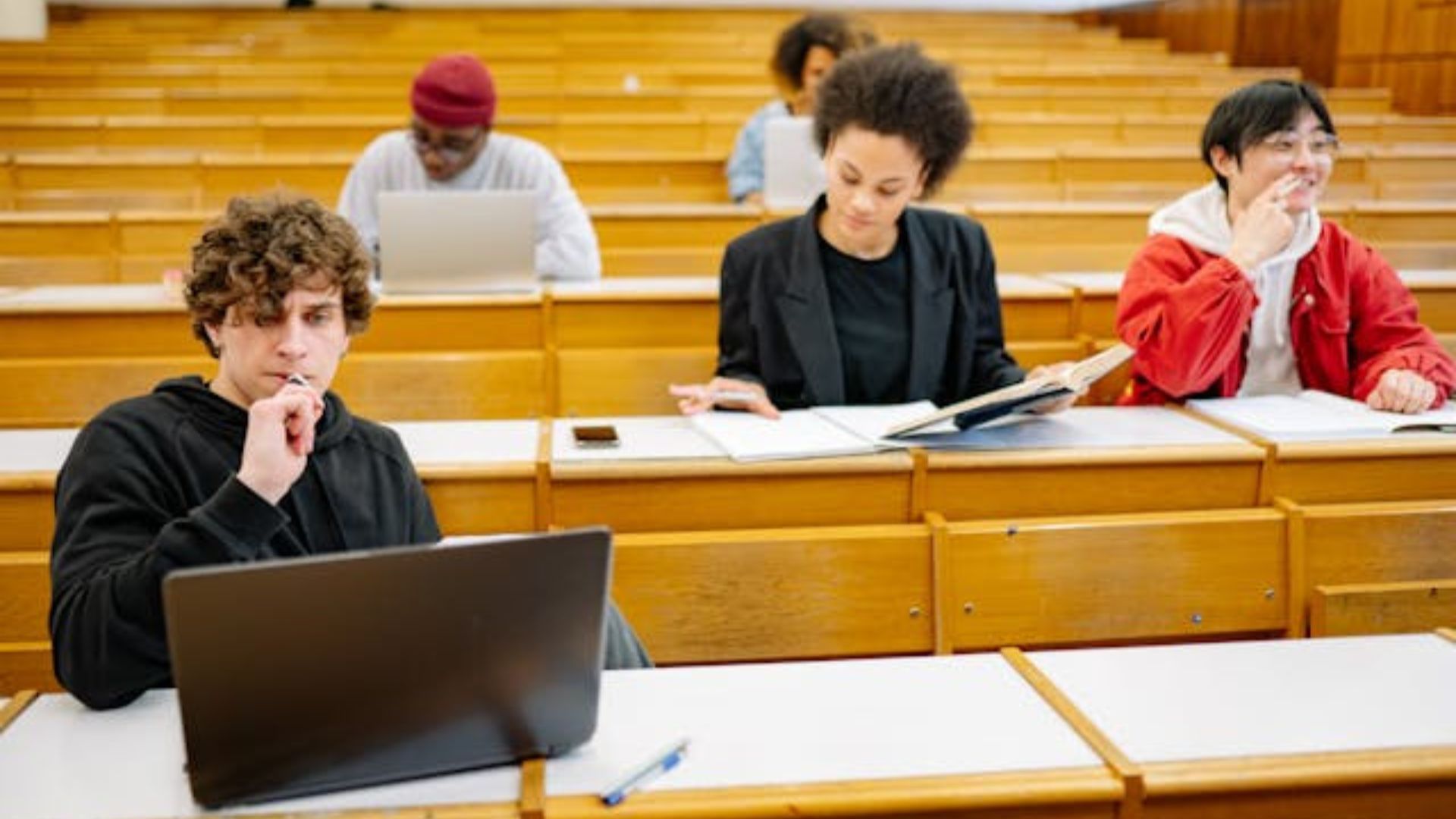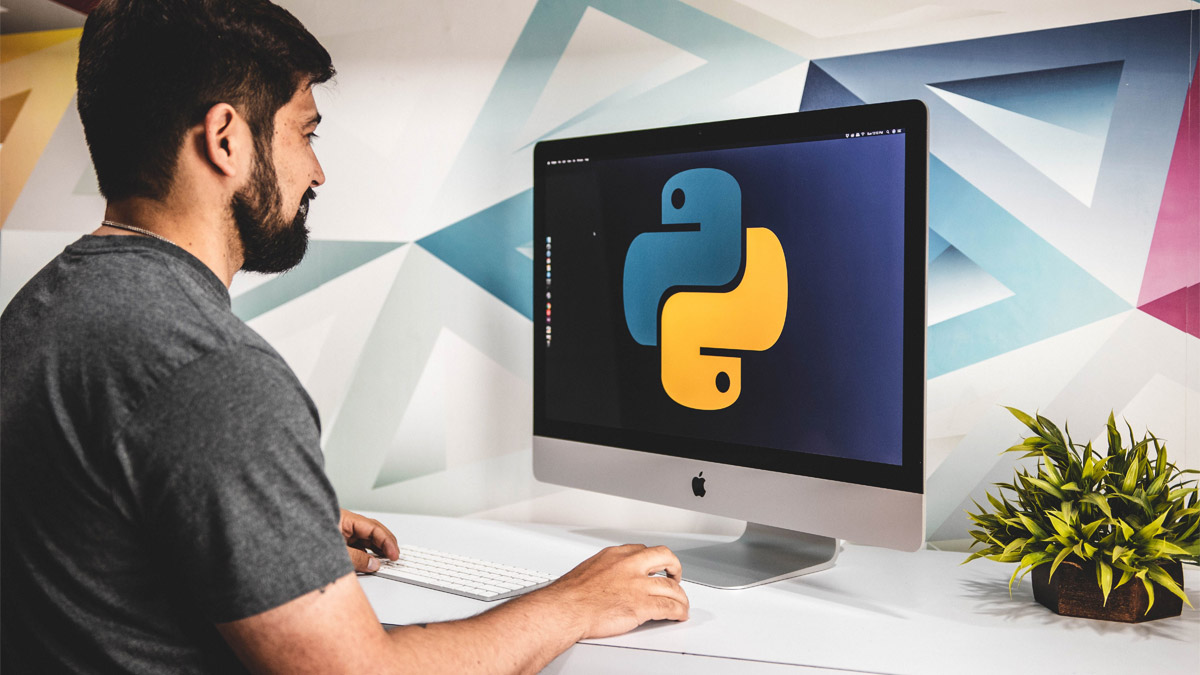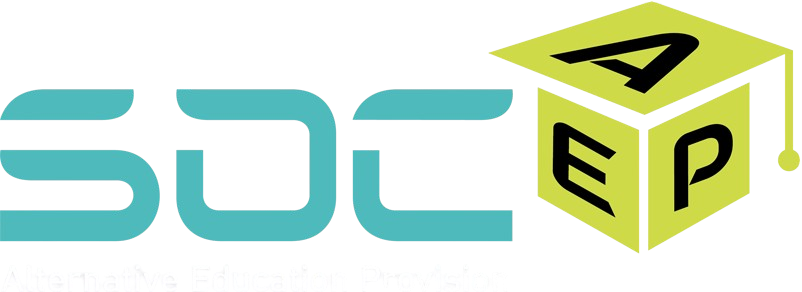Introduction
Education is not one-size-fits-all. For many children, traditional education fails to match their specific needs, leaving them disengaged or unable to succeed. Enter alternative education, a growing movement that values customised learning, various teaching techniques, and inclusive surroundings. But what is alternative education, and how does it vary from traditional approaches?
In this blog, we’ll look at the fundamentals of alternative education, its advantages, and its role in preparing students for life and careers. Understanding alternative education, whether you’re a parent, educator, or student, can lead to creative learning possibilities and even rewarding careers in alternative education.
What is Alternative Education?
Alternative education encompasses various educational paradigms to accommodate various learning styles, interests, and circumstances. Unlike traditional schools, which frequently use a standardised curriculum, alternative education programs emphasise flexibility, creativity, and individual growth.
Key features of Alternative Education include:
- Customised learning routes: These allow students to progress at their own speed.
- Holistic approaches: They emphasise emotional, social, and intellectual growth.
- Various Methods: Methodologies vary, including project-based learning, experiential education, and multidisciplinary teaching.
- Inclusive environments: Such environment welcome students from many cultural, social, and educational backgrounds.
Types of Alternative Education Programs
Alternative education includes a variety of options, each adapted to unique requirements. Some prominent alternatives are:
- Montessori and Waldorf schools: These emphasise child-led learning and creativity.
- Charter Schools: They provide innovative teaching while achieving state criteria.
- Online Learning Platforms: Offer flexibility to students with irregular schedules or demands.
- Therapeutic schools: They help kids with emotional or behavioural issues.
- Homeschooling: Allow parents to create their own curriculums.
Also Read – Exploring Alternative Education with SOC
Why is Alternative Education Gaining Popularity?
Addressing Individual Needs
According to a 2022 assessment from the National Centre for Educational Statistics, more than half of students felt disengaged in traditional classrooms. Alternative education supports individuals with:
- Learning difficulties, who may struggle in traditional educational systems.
- High academic potential (gifted students).
- Interests not covered in the regular curriculum.
Preparing Students for Real-Life Success
Alternative education programs frequently help kids develop key skills such as problem-solving, cooperation, and adaptability. These skills highly regarded in today’s competitive employment market and help to ensure long-term success.
Benefits of Alternative Education
1. Personalised Learning
Unlike traditional classrooms, alternative education focuses on individual abilities and interests. This increases learning engagement and effectiveness.
2. Inclusionary Classrooms
Diversity is celebrated, creating a climate in which all students feel respected.
3. Mental Health Support
Alternative schools frequently outperform regular schools in terms of managing mental health difficulties, thanks to smaller class sizes and a focus on emotional well-being.
4. Skill-Orientated Teaching
Many programs include hands-on activities that prepare students for real-world situations.
Careers in Alternative Education
Why Should You Consider Jobs in Alternative Education?
If you want to make a difference, careers in alternative education are both gratifying and exciting. Opportunities include:
- Teaching at innovative schools (such as Montessori or charter schools).
- Become a curriculum designer for experiential learning programs.
- Working as a counsellor or mentor at therapeutic schools.
- Create online learning platforms or educational apps.
The demand for educated workers in alternative education is increasing. With the rise of customised learning, job opportunities in this industry are expected to increase dramatically.
Future of Alternative Education
With advancements in AI, virtual classrooms, and neuroscience, alternative education continues to evolve. Schools like SOC AEP are at the forefront of this revolution. These institutions provide students with tools to succeed academically and adapt to the ever-changing demands of the 21st century.
Conclusion
What is alternative education? It’s more than just another option; it’s a road to a brighter, more inclusive future. Alternative education enables individuals to thrive in a complex environment by addressing specific learning requirements and providing them with essential life skills.
Whether you’re looking into alternative education programs for your child or thinking about working in alternative education, the opportunities are limitless. It is time to embrace change and harness the full potential of individualised learning.
FAQs
Alternative education is for anyone! It benefits students who:
- Struggle in traditional classrooms.
- Seek non-conventional career paths.
- Need a flexible or supportive learning environment.
Absolutely! Many alternative education jobs—such as those in charter schools, instructional technology, and student counselling—are directly related to these innovative systems. Furthermore, individuals who graduate from alternative programs frequently excel in creative and entrepreneurial fields.
Yes. Accredited alternative schools adhere to high criteria. Graduates are equally prepared for advanced education and the workforce.
Think about your child’s learning style, interests, and future aspirations. Look for schools with:
- Qualified educators.
- Proven success stories.
- A curriculum that is consistent with your principles.
If an alternative provision is thought to be the best way to address a child’s unique requirements, it may be mentioned in an Education, Health, and Care Plan (EHCP). It is the responsibility of local authorities to find appropriate full-time education for children who are unable to attend mainstream school due to exclusion, illness, or other circumstances. Evidence can be included in a student’s EHCP if it demonstrates that other services, such as specialised tutoring, career training, or specialised academic support, would better meet their needs. This guarantees the placement’s funding and legal recognition, providing clarity, stability, and access to the appropriate support for both parents and students.
An adult education program is intended to give anyone over 19 who wish to retrain for a different vocation, enhance their credentials, or acquire new skills educational options. From fundamental reading, numeracy, and digital skills to vocational training, further education pathways, and personal development courses, these programs frequently cover a wide range of topics. Numerous adult education programs are adaptable, providing options for online, evening, or part-time study to accommodate work and family obligations. By assisting adults in increasing their self-esteem, employability, and sense of fulfilment, they play a critical role in lifelong learning.
Since it acknowledges that not all pupils do well in conventional classroom settings, alternative education is crucial. Alternative education offers flexible pathways to achievement because every learner has different circumstances, abilities, and problems. For young people who might have had difficulties in mainstream schooling because of behavioural, social, emotional, or health-related concerns, it offers safe and encouraging environments. Alternative education helps students stay interested, earn credentials, and develop critical life skills by providing individualised instruction, smaller class numbers, and frequently more hands-on, practical approaches. In the end, it guarantees that no student is left behind and that everyone has the chance to realise their greatest potential.
Offering inclusive, individualised learning options to pupils who might not succeed in traditional classrooms is the major goal of alternative education. It seeks to eliminate obstacles to education, foster self-esteem, and give youth the academic, professional, and interpersonal skills they will require in the future. Alternative education frequently emphasises holistic development, which includes social skills, resilience, and wellbeing in addition to academic advancement. Re-engaging students, lowering their risk of exclusion or dropout, and preparing them for postsecondary education, the workforce, or training are its objectives. To put it briefly, alternative education aims to provide every student with a road to success, irrespective of their circumstances or place of origin.







